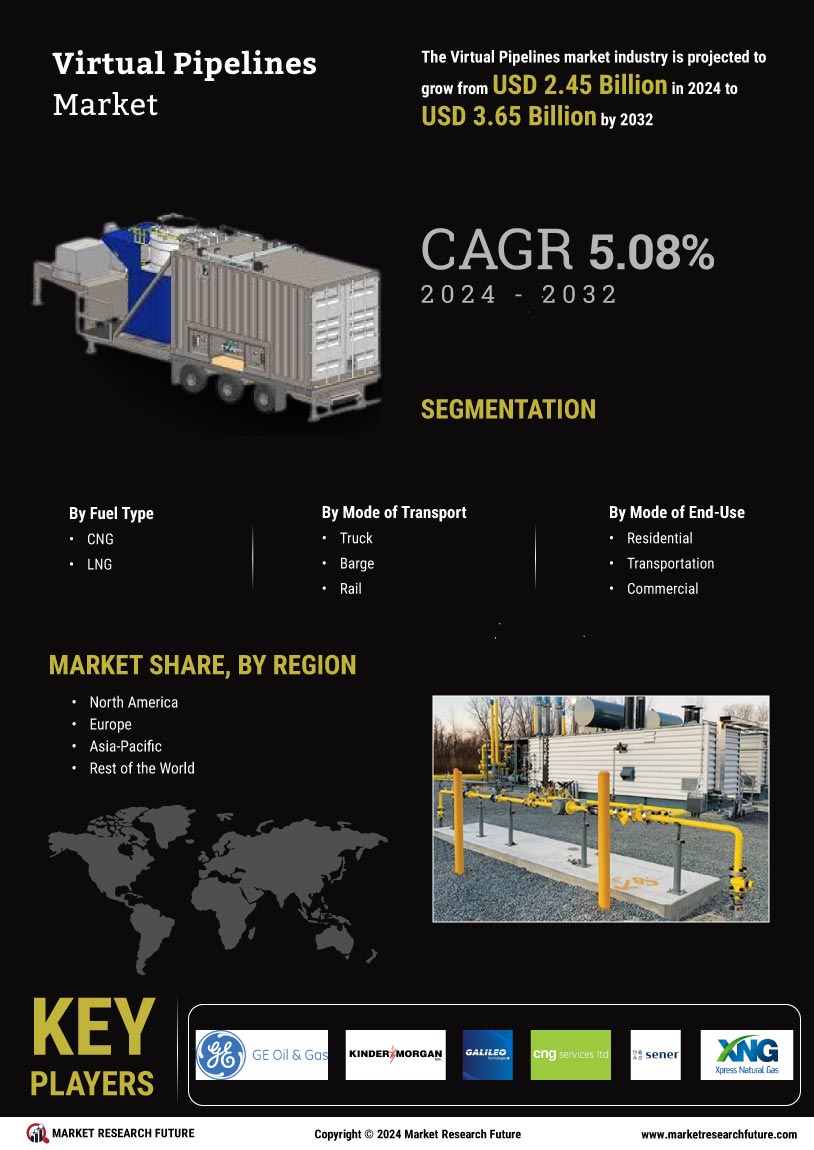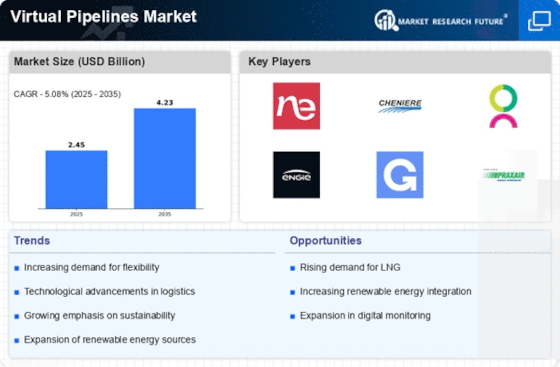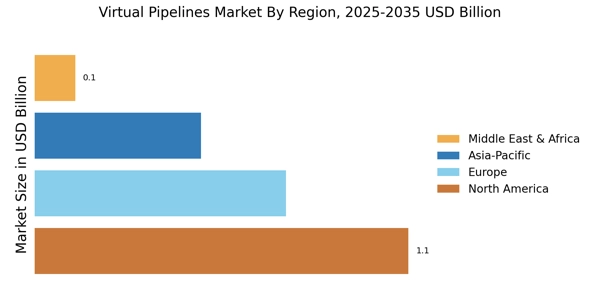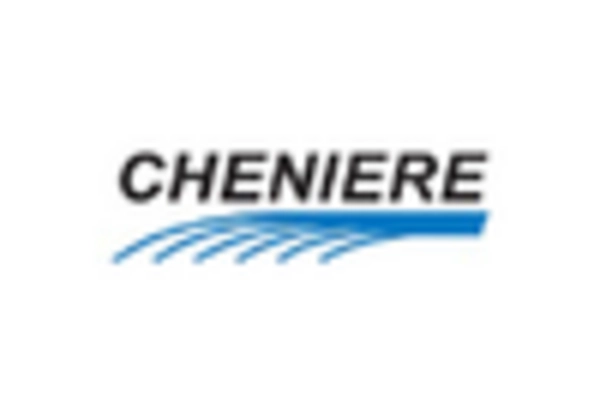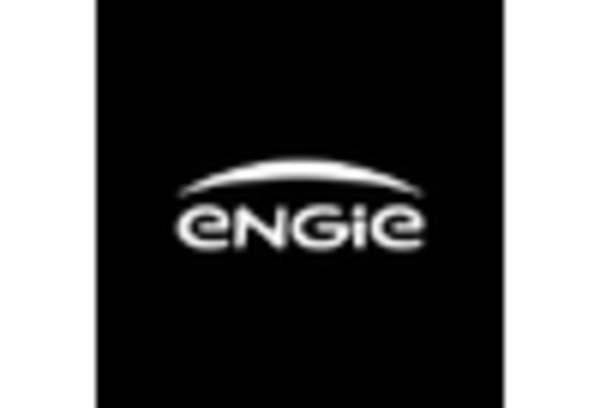Increasing Energy Demand
The rising The Virtual Pipelines Industry. As populations grow and economies develop, the need for efficient energy transportation solutions becomes more pressing. The International Energy Agency projects that energy demand will increase by 30% by 2040, necessitating innovative solutions like virtual pipelines. These systems offer a flexible and cost-effective means of transporting energy, particularly in regions where traditional infrastructure is lacking. Consequently, the Virtual Pipelines Market is poised for substantial growth as it addresses these emerging energy needs.
Expansion into Emerging Markets
The expansion into emerging markets is a vital driver for the Virtual Pipelines Market. Regions with developing economies are increasingly investing in energy infrastructure to meet growing demands. Virtual pipelines offer a practical solution for these markets, where traditional pipeline construction may be economically unfeasible. Recent studies suggest that the market for virtual pipelines in emerging economies could grow by over 40% in the next decade. This growth is fueled by the need for efficient energy distribution and the flexibility that virtual pipelines provide, making them an attractive option for energy companies operating in these regions.
Regulatory Support and Incentives
Regulatory support and incentives are playing a crucial role in shaping the Virtual Pipelines Market. Governments worldwide are recognizing the importance of alternative energy transportation methods and are implementing policies that favor the development of virtual pipelines. Incentives such as tax breaks and grants for companies investing in this technology are becoming more common. This regulatory environment not only encourages investment but also fosters innovation within the industry. As a result, the Virtual Pipelines Market is likely to see accelerated growth as more companies take advantage of these supportive measures.
Sustainability Initiatives Driving Demand
Sustainability initiatives are becoming a pivotal driver in the Virtual Pipelines Market. As environmental regulations tighten, companies are increasingly seeking eco-friendly alternatives to traditional transportation methods. Virtual pipelines, which often utilize compressed natural gas or renewable energy sources, align with these sustainability goals. Market data indicates that the demand for sustainable energy solutions is expected to grow by 25% over the next five years. This shift not only helps companies comply with regulations but also enhances their corporate image, making sustainability a key factor in the growth of the Virtual Pipelines Market.
Technological Advancements in Virtual Pipelines
The Global Virtual Pipelines Market is experiencing a surge in technological advancements that enhance operational efficiency and safety. Innovations such as automated monitoring systems and advanced data analytics are being integrated into virtual pipeline operations. These technologies facilitate real-time tracking of gas and liquid transportation, thereby reducing the risk of leaks and improving response times. According to recent data, the adoption of these technologies is projected to increase operational efficiency by up to 30%. Furthermore, the implementation of artificial intelligence in predictive maintenance is expected to minimize downtime, which is crucial for maintaining service reliability in the Virtual Pipelines Market.
